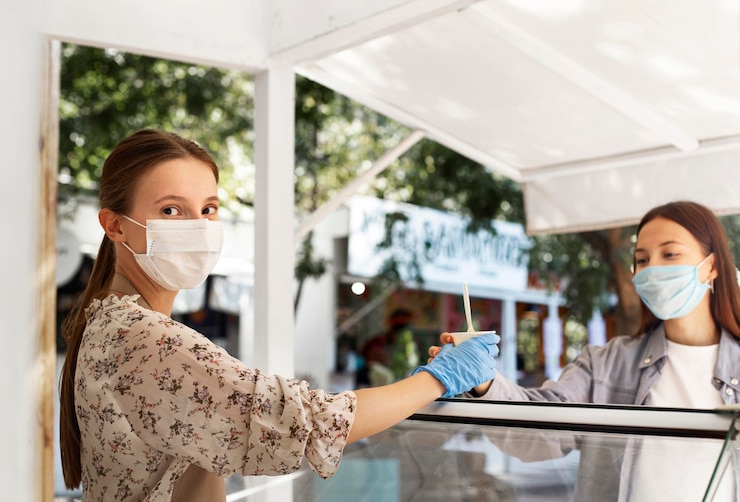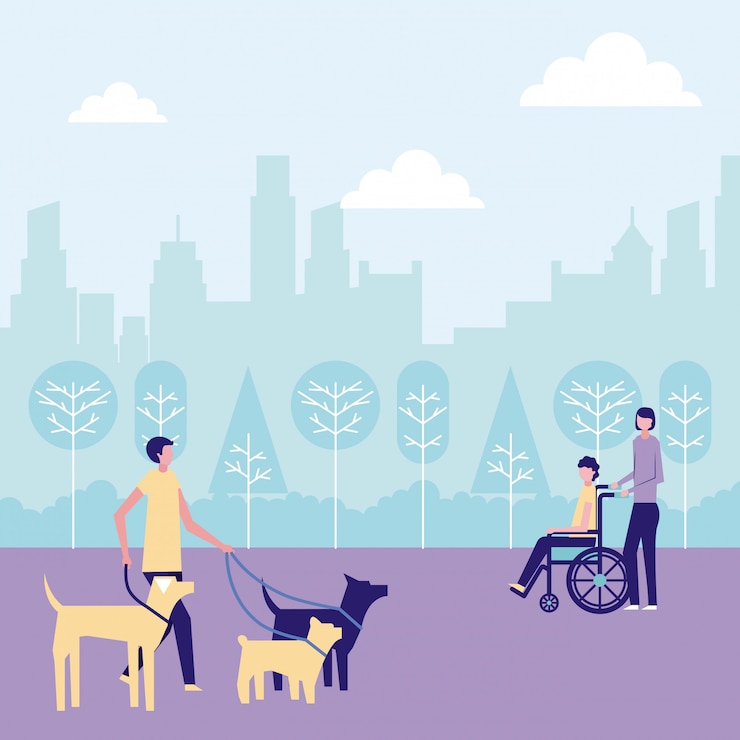
At the south end of Michigan Avenue in Chicago, within the “cultural mile,” the four-star Hotel Essex has reserved 274 rooms specifically for the city’s police officers, firefighters, and paramedics who are at the forefront of the pandemic. These rooms, part of a deal with Oxford Capital Group LLC that involves five hotels in Chicago, are not for tourists but rather for essential workers or hospital overflow. The city covers costs, providing up to 1,100 rooms and three meals a day for these first responders. This arrangement offers a safe place for these workers who fear bringing the virus home to their families, allowing them to rest comfortably after long shifts. As a result, hospital beds are freed up for asymptomatic COVID-19 patients and those needing isolation after testing positive or exposure to the virus.
Over in Madrid, the Ayre Gran Hotel Colon has transformed its rooms into medical spaces, joining a vast effort offering over 60,000 hotel beds to assist the city’s healthcare services. This follows the Spanish government’s mid-March order to close hotels amid a spike in deaths and cases.
As of May 6, global coronavirus cases exceeded three million, with over 247,000 deaths. The pandemic has severely impacted the hospitality industry, dealing it one of the hardest hits in history. In early March, CNBC shared that the U.S. travel and tourism sector could lose $24 billion in foreign spending. During the week of April 5 to 11, hotel occupancy in the U.S. dropped by almost 70% from 2019. Arne Sorenson, CEO of Marriott International, reported to CNBC that the pandemic affected the company worse than 9/11 and the Great Recession combined, predicting a 75% to 90% decline in revenue in the U.S. This economic crisis may lead some businesses to never reopen.
Even though fewer travelers are booking hotel rooms, these accommodations haven’t remained empty. Hotels worldwide are adapting by becoming lodgings for medical professionals, makeshift hospitals, and shelters for those affected by the virus.
In Japan, where coronavirus cases surpassed 14,000 on May 1, Tokyo’s government rented five hotels to house citizens with mild symptoms, freeing up hospital beds for more critical cases. The city aims to increase its room capacity from 1,500 to 2,800. Japan also introduced talking robots to aid in tasks like cleaning and reminding guests to monitor their health. Health management apps are available for guests to record symptoms on hotel-provided computers and tablets.
Faced with hospital overcrowding in mid-April, Philadelphia converted three hotels and an arena into overflow facilities. The situation seems manageable with these new accommodations, but efforts to expand capacity continue.
The American Hotel and Lodging Association’s (AHLA) Hospitality for Hope initiative has more than 17,000 hotels registered to assist. This program connects hotels with government bodies needing temporary housing for emergency and healthcare workers, pledging over a million hotel beds.
Hilton offered one million hotel rooms for healthcare workers through May’s end, while Marriott donated $10 million worth of hotel stays for doctors and nurses in hard-hit areas. About 25% of Marriott’s 7,300 worldwide hotels are temporarily closed.
Accor Hotels, recognized for its sustainability, launched an emergency platform in April, providing accommodations in the U.K. for NHS workers and vulnerable citizens. Over 60 hotels have been repurposed. “We are proud to support the government’s needs during this crisis,” said Thomas Dubaere, COO of Accor Northern Europe. The hotels serve as emergency safe spaces for the homeless, highlighting Accor’s commitment to hospitality and community support.
In a bold move, Ty Warner, owner of the Four Seasons New York, repurposed the luxury hotel for medical professionals. Strict measures were implemented, such as using elevators one at a time and conducting temperature checks. Additionally, the hotel launched a mental health program for employee well-being.
COVID-19 has severely affected vulnerable groups like the homeless. Toronto has partnered with Doctors Without Borders to move 2,000 people from shelters to hotels. In London, Mayor Sadiq Khan allocated over 10 million pounds to house the homeless in hotels. The InterContinental Hotel Group and others have joined this effort, with cab drivers and caterers providing transport and meals.
California’s Project Roomkey was announced by Governor Gavin Newsom in early April to secure 15,000 hotel rooms for the homeless. The federal government covers 75% of costs. For three months, $195 million will finance 15,000 rooms and staff. San Diego and San Francisco have also secured thousands of rooms for this purpose. California partnered with Chef José Andrés’s World Central Kitchen to provide meals for these hotels.
Despite well-known brands like Comfort Inn participating, California reports more success with smaller motels. Hotel names in the program are undisclosed to prevent unqualified drop-ins.
Globally, some hotels offer quarantine packages for those needing isolation. Switzerland’s Le Bijou Hotel & Resort markets its “quarantine apartments,” costing $800 to $2,000 per day. Hong Kong hotels offer long-stay packages for quarantines due to a requirement for travelers to isolate upon arrival.
These quarantine offerings have sparked ethical debates. René Frey of Rough Guides criticized Le Bijou for operating amidst the pandemic, expressing concerns over solidarity with small businesses. A Le Bijou spokesperson emphasized their aim to stay operational and retain staff without government aid.


